‘Don’t Say Gay’ law fuels US schools debate
Florida is poised to ban teachers from discussing sexual identity and sexual orientation with primary school students.
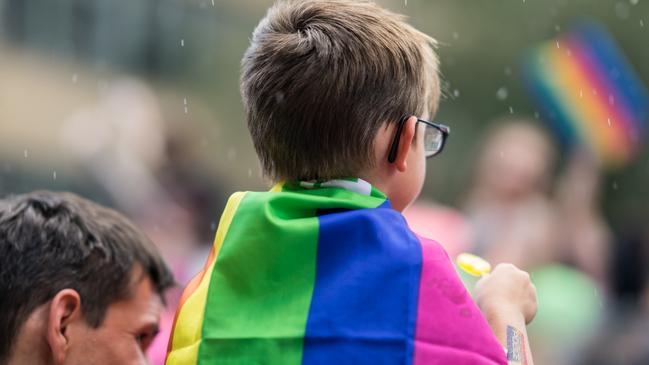
Florida, America’s third biggest state, is poised to ban teachers discussing sexual identity and sexual orientation with primary school students, becoming the latest front in a political battle between Democrats and Republicans over schools that looks set to dominate November’s midterm elections.
Dubbed the “Don’t Say Gay” bill by opponents, the proposed law would require schools to inform parents about any conversations teachers have with their children about gender or sexual identity up until the third grade (around age 8 or 9) and bolster parents’ rights to sue school districts if they don’t.
“Some schools are using the gingerbread man, or ‘person’, as they call it, to teach young kids about sexual identity, even encouraging some to think about ‘transitioning’ to a different sex,” Joe Harding, the Florida state representative who proposed the bill, told The Australian in an interview.
“We know that kids results around the third grade, in reading and math, have the biggest determinant on their long term careers, whether they end up in prison, that sort of thing – we want them to focus on the basics at that age,” he said.
The bill, denounced by the White House as “harmful”, has prompted a furious backlash from Democrats and LGBTIQ activists who argue it demonises LGBTIQ children. Hundreds protested in Florida’s Sarasota to over the weekend.
“Removing LGBTQ people and topics from public schools will only work to further shame a group of young people who already face disproportionate rates of discrimination, bullying, and suicide attempts,” Amit Paley, executive director of The Trevor Project, said in a statement on Monday (Tuesday AEDT).
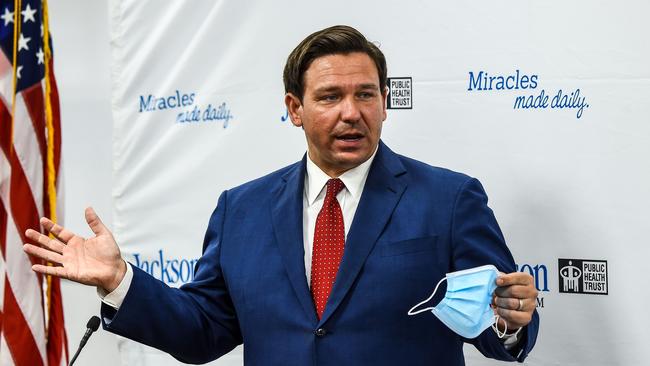
The bill, which Mr Harding said he expected would be passed by the state’s upper house in the coming fortnight, comes after 19 Republican states passed laws to expand parents’ school choice and pare back teaching of ‘critical race theory’, a concept that prioritises race in the study of history and politics.
“Covid started all this because kids came home, parents were around their children more, and during that time, they talked to them more and saw what they were learning,” Mr Harding said, who added that he expected Republican governor Ron DeSantis, a Republican frontrunner to run for president in 2024, to sign the bill into law.
School districts in Florida, Tennessee and other Republican-controlled jurisdictions last year sought to remove books about race, sex and gender, such as All Boys Aren’t Blue and Lawn Boy, from school reading lists and school libraries, prompting accusations of ‘book banning’ by Democrats.
Florida parent January Littlejohn, a psychologist whose 13-year-old daughter was put in a school gender transition program without her knowledge, spoke out against the gender identity programs in November, fuelling support for what’s formally known as the Parental Rights in Education Bill.
“They told me my daughter had to give consent by law for me and my husband to be notified [of the] transgender on nonconforming student support plan that was signed by our daughter,” she said.
The plan changed her daughter’s name and pronouns, bathroom preferences, and gave her the option to bunk with boys on school field trips in keeping with the policy of Leon County Schools, a district that includes 32,000 students in the Tallahassee region of Florida, Ms Littlejohn said.
“Florida educators are not indoctrinating young children with age inappropriate or developmentally inappropriate curriculum. These are professionals,” said state Democrat senator Lauren Book, a former teacher.
Sen. @LeaderBookFL , a former educator: Florida educators are not indoctrinating young children...these are professionals.
— Equality Florida (@equalityfl) February 28, 2022
Leader Book notes that we trust teachers to be educators, first responders, and even security guards. We should trust them to teach. pic.twitter.com/yvm3dpxdJ4
Daniel Buck, a middle schoolteacher in Wisconsin, said he expected to see more bills in Republican states about school curriculum in the lead up to the next presidential election.
“Especially after Glenn Youngkin won, conservatives realised that education can in fact be a winning issue for them and so that has galvanised them in this policy area,” he told The Australian, referring to unexpected victory by Republicans, who ran who ran on a platform of parents’ rights, in Virginia in November.
Kirsten Reckman, 45, who has an eight-year-old son in a Florida school, said the ‘don’t say gay’ tag was misleading. “Frankly, sex ed really has no place in those younger grades,” she told The Australian. “Our son knows love is love, that people can marry whomever they choose and that’s about as far as we’ve gone. Let them be little”.
Earlier this month voters in highly progressive San Francisco, in the first successful recall election in the city since 1983, threw out three Democrat school board members, which observers put down to an excessive focus on progressive political issues at the expense of parents’ rights.
Picked to give the Republican party’s State of the Union reply on Tuesday night Iowa Governor, Kim Reynolds was expected to tap into parents’ frustration over pandemic restrictions, which saw some schools closed to in person instruction for more than a year, and progressive politics.


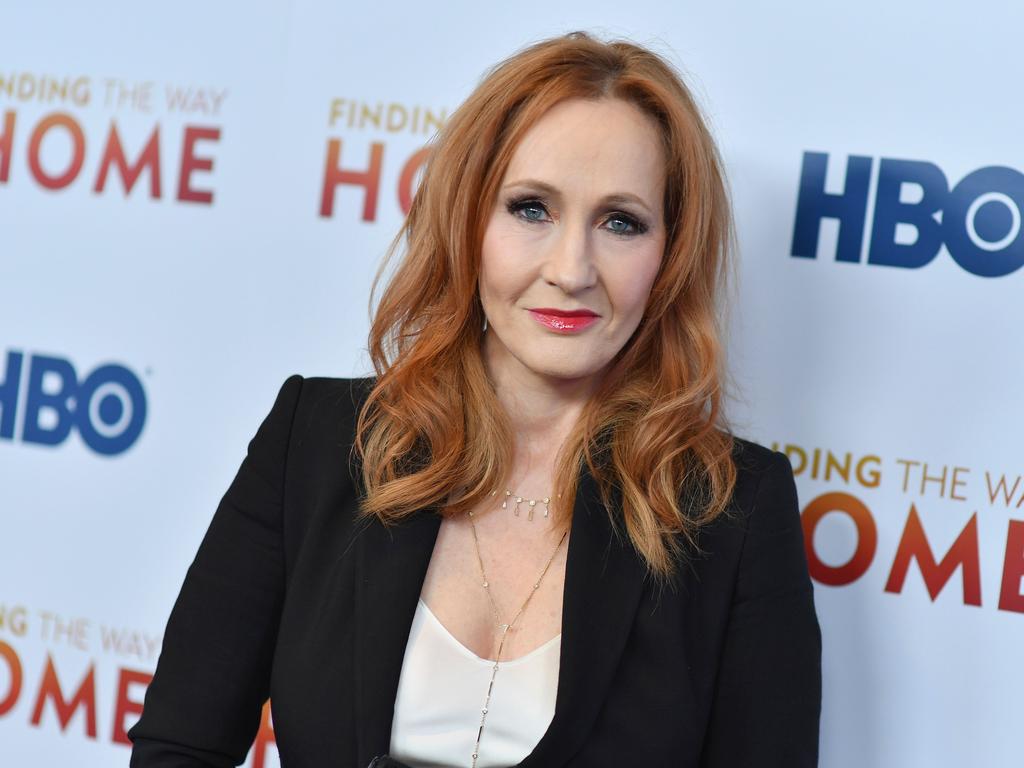
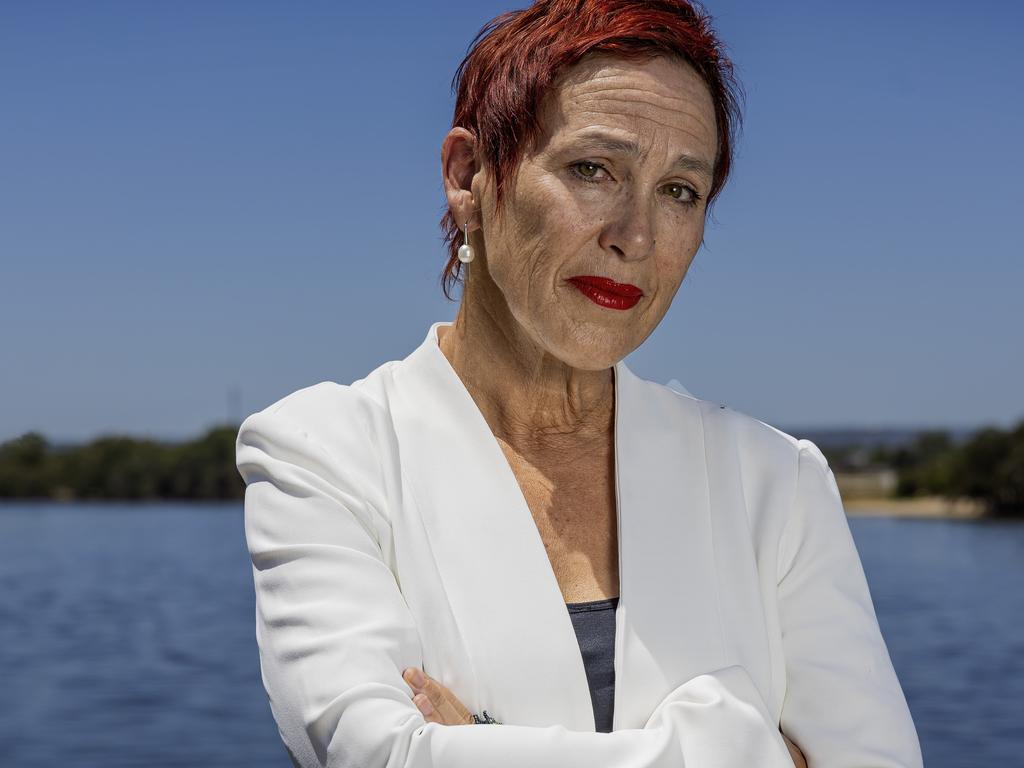
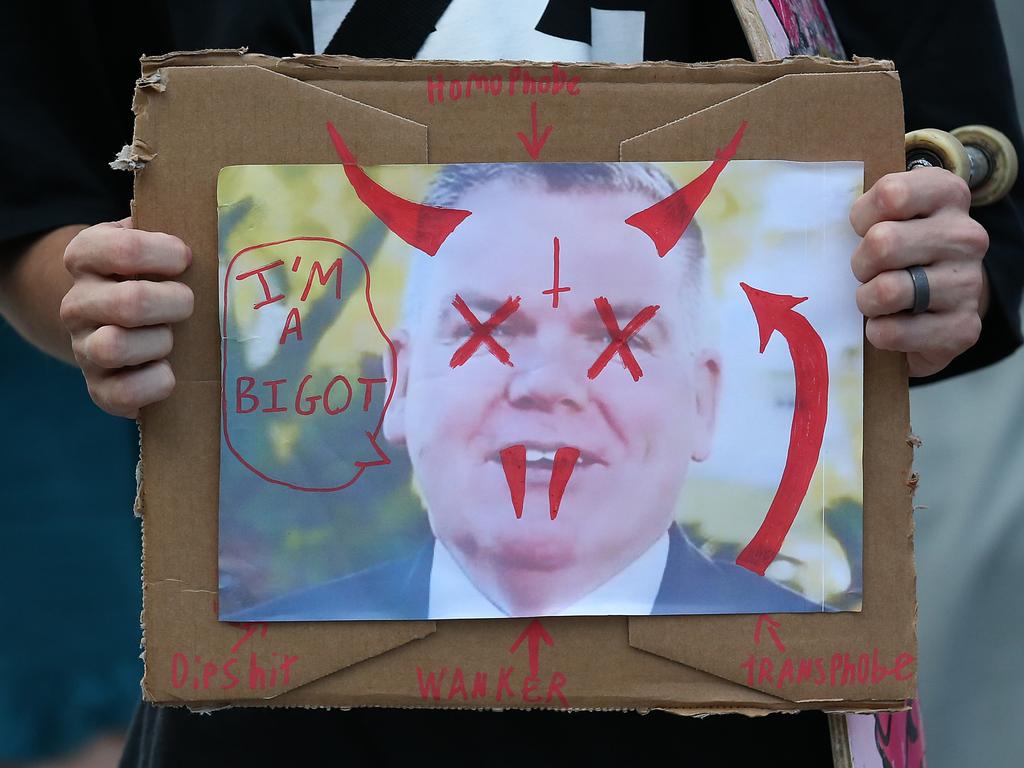



To join the conversation, please log in. Don't have an account? Register
Join the conversation, you are commenting as Logout